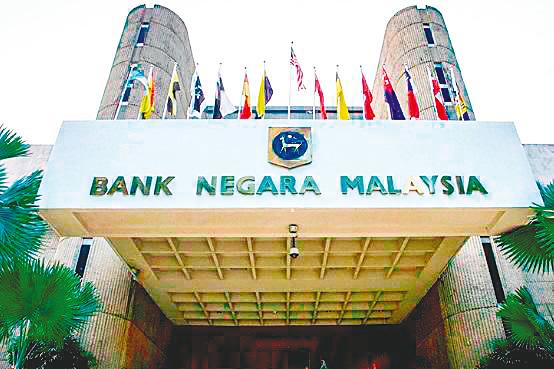PETALING JAYA: The Small and Medium Enterprises Associations is relieved that Bank Negara Malaysia’s Monetary Policy Committee (MPC) maintained the Overnight Policy Rate (OPR) at 3% as this allows stabilisation of economic conditions that are conducive to its members.
SME Association of Malaysia secretary-general Chin Chee Seong said the central bank’s decision will allow the economic environment to remain stable and predictable.
“This may allow businesses to maintain their borrowing costs, have more predictable consumer spending, and may be able to plan for cash flow. This stability allows businesses to plan and operate with more confidence,” he told SunBiz.
He added that any increase would be a burden on SMEs and exacerbate the “already problematic cash flow issue”.
Earlier this week, the association conducted a survey which found that more than 50% of SMEs are performing poorly, and more than 50% were either having difficulties in cash flow management or lack of funding.
“Especially in retail, trade and services .... most SMEs are experiencing severe economic conditions where consumer spending is eroding especially after Hari Raya Adilfitri.
“It is very important for the government to focus immediately on how to help, particularly to improve the economic situation. If the OPR increases again, it is certain that consumer spending will decrease further and that SMEs will eventually be seriously affected,” he remarked.
Samenta national secretary Yeoh Seng Hooi said the decision is beneficial to SMEs as it keeps financial costs at bay.
He added that importance should be placed on stimulating domestic demand and pointed out that political stability and ease of doing business will also improve the business climate.
However, he believes that the retail sector is impacted due to belt-tightening and disposable income issues.
“The threat of targeted subsidies has spooked the M40 which leads to controlled spending. Non-essential items such as white goods and furniture could be impacted,” he said.
Furthermore, he said, inflation is not the main “bogeyman” at present and in order to boost the economy, consumer spending has to pick up.
He cited a report, Vistage-MIER CEO Confidence Index, that found a significant drop in expected revenue growth from 151 in the first quarter in 2023 compared with 141 in the following quarter, which he described as “alarming.
SME Association of Malaysia National president Ding Hong Sing said its members are pleased with the decision to maintain the OPR at 3% as they are able to maintain “business as usual”.
He said it has removed the need for businesses to counter with cost-saving strategies, in order to maintain profit margins, such as increasing product prices, which will affect consumers.
OCBC Bank senior Asean economist Lavanya Venkateswaran, meanwhile, hopes any OPR increase will be delayed for one or two years until the economy stabilises.
“We believe that BNM is now more sanguine about the growth and inflation outlooks but stopped short of sounding less hawkish.
“Our forecast, therefore, remains for BNM to remain on hold for the rest of this year,” she said, adding that BNM held onto its expectation of “resilient domestic demand” being the main driver of growth for the rest of 2023.
Specifically, it noted that “tourist arrivals have been steadily improving, and are expected to continue rising”.
Lavanya said: “BNM kept it policy rate unchanged at 30%, in line with consensus and our expectations. Following BNM’s surprise 25bp hike at its May 3 meeting, our view was that incoming weaker activity data and easing inflation will allow BNM room to remain on hold. Indeed, this proved to be the case.”
SG-UOB Global Economics & Markets Research senior economist Julia Goh and economist Loke Siew Ting said in a note: “Today’s decision came in line with ours and market expectations.
“However, we noted in the past week that recent yields offered via interest rate swaps, T-bills, and reverse repos were higher.”









